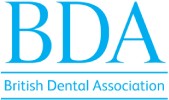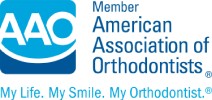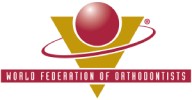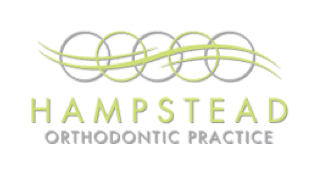Oral Hygiene
What Is Oral Hygiene?
Oral hygiene refers to the practice of maintaining the cleanliness of the mouth and teeth to prevent dental problems. It involves regular brushing and flossing of the teeth, along with other oral care practices such as using mouthwash and regular dental check-ups.
What Are The Signs Of Poor Oral Hygiene?
- Persistent bad breath
- Tooth pain or sensitivity
- Gum inflammation or bleeding
- Receding gums
- Visible plaque or tartar buildup on teeth
- Tooth discolouration or visible cavities
- Oral infections or sores.
Why Is Oral Hygiene Important?
Oral hygiene is crucial for numerous reasons:
- Regular oral hygiene helps prevent dental problems such as cavities, gum disease, and tooth loss.
- Good oral hygiene is linked to overall health, as poor oral health has been associated with various systemic conditions such as heart disease and diabetes.
- Proper oral hygiene removes food particles and bacteria that can cause unpleasant odours in the mouth.

What Conditions Are Linked To Bad Oral Health?
- Gum disease: This includes gingivitis and periodontitis, and can result in gum inflammation, bleeding, and even tooth loss.
- Tooth decay: Lack of proper oral hygiene can lead to the buildup of plaque, which can cause tooth decay and cavities.
- Halitosis: Bad breath can result from poor oral hygiene, as bacteria in the mouth can cause unpleasant odours.
How Can I Improve My Oral Hygiene?
1. Open Communication
Use a toothbrush with soft bristles and a small amount of fluoride toothpaste. When you brush your teeth, move the brush in small, circular movements to reach food particles that may be under your gum line. Hold the toothbrush at an angle and brush slowly and carefully, covering all areas between teeth, braces and all the surface of each tooth. It will take you several minutes to thoroughly brush your teeth. Brush your tongue and the roof of your mouth before you rinse.
During orthodontic treatment, we recommend that you brush your teeth after each meal, to avoid the accumulation of food particles in your teeth and braces.
You will need to replace your toothbrush more often due to your appliances. As soon as the bristles start to wear down or fray, replace your toothbrush with a new one. It may be difficult for your toothbrush to reach some areas under your brace’s wire. Therefore, it is important to floss and use mouthwash throughout your orthodontic treatment and beyond, for optimal oral hygiene.
2. Interdental Toothbrush
This is the toothbrush given to you, with a small, narrow head. An interdental (between the teeth) toothbrush is used to clean underneath and around your wires and brace. Wet the bristles and use a small amount of toothpaste on the brush.
3. Flossing
Flossing takes more time and patience when you are wearing braces, but it is important to floss your teeth every day. For areas between the teeth that a toothbrush can’t reach, use Teepee brushes, super floss, or a Philips Air Floss, to remove food particles and plaque. Floss between each tooth and behind all of your back teeth.
Floss at night to make sure your teeth are clean before you go to bed. When you first begin flossing around your braces, your gums may bleed a little. The bleeding should stop if you brush your teeth correctly and often, floss regularly and your gums are healthy.
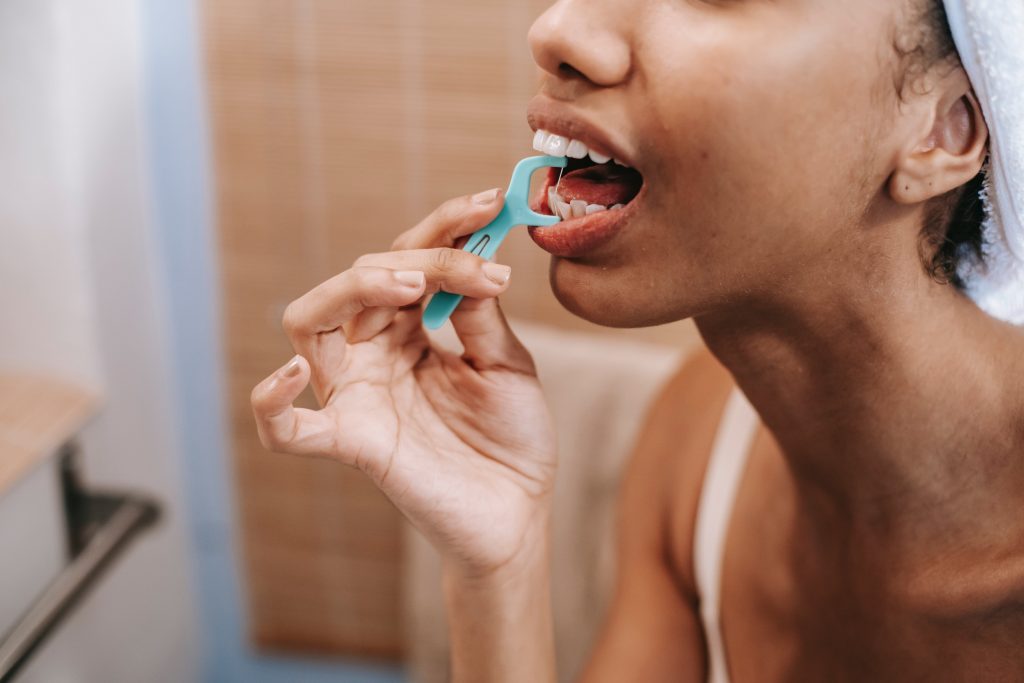
4. Mouthwash
We recommend rinsing with a fluoride based mouthwash once a day, preferably in the evening before bed, for at least 30 seconds.
5. Cleaning Your Removable Appliance
Brush your removable appliance every day as a part of your regular brushing schedule. Food particles and plaque can accumulate on your appliance, just as they do on your teeth. Use an old toothbrush and soap to gently brush your appliance. Do not use hot or boiling water, as this may distort your appliance and it may no longer fit. Soak your appliance every other day in Retainer Brite, or any other denture-cleaning tablet. Follow the instructions on the box. Your appliance will taste better, and you will prevent plaque and bacterial accumulation.
6. Avoid Certain Foods
Your teeth may be a little tender for the first week while in braces, so we recommend sticking to a soft food diet until the discomfort subsides. While in braces, you can still eat just about anything although there are a few exceptions.
You should avoid hard foods, such as ice and pizza crust, as well as sticky foods, including liquorice and caramels. These foods can damage wires and brackets. It is also important to minimise foods high in sugar content, like ice cream and cookies, and reduce sugary drinks to once a day.
See how our orthodontists can transform your smile
We are regulated by the

Official members of
